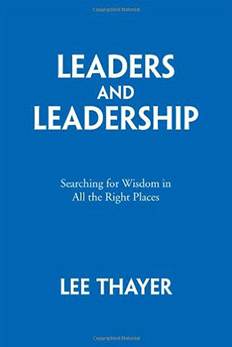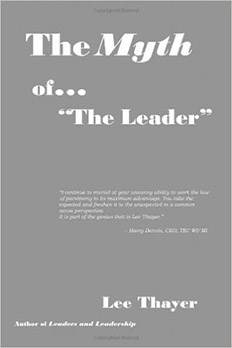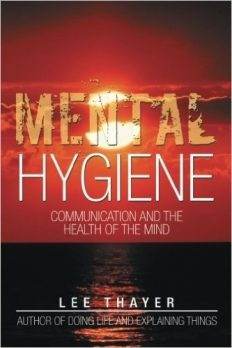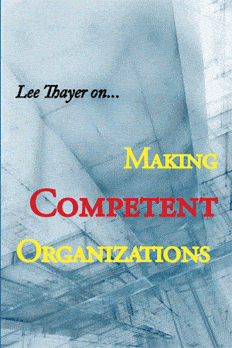In the West, and in America particularly, we have deep-seated beliefs in
- Evolution – the idea that all things are constantly evolving in the “right” direction;
- Progress – the idea that whatever is newer is better, whether it is a “theory” or a technological tool; and
- Consensus – the idea that the more people who adopt a new idea or a new fashion in clothes or cars, the greater the likelihood that “they” are right.
So we go from a new fashion to the next new fashion. We believe that change is progress. And we have faith that the changes over which we have no control are taking us where we ought to be going – since “evolving” is inevitable.
These are beliefs that structure the core of our thoughts and our lives. These are beliefs that lead us to see the world as linear and literal.
Most of the longest-running civilizations of the past – indigenous American Indians, for example – were cyclical. Every generation was expected to reprise and replicate the preceding generation, with only minor changes in execution. Those people were for thousands of years truth-keepers, carefully guarding the truths that had been passed down to them from the past. By contrast, we are truth-seekers, forever inventing newer truths in order to render the existing ones obsolete.
As a result, we look for the “wisdom” for living and for running our organizations in the most recent emanations from our gurus and “experts.” In doing so, we miss the wisdom of the ages. Leaders and Leadership: Searching for Wisdom in All the Right Places attempts to redress that flaw in our thinking.




